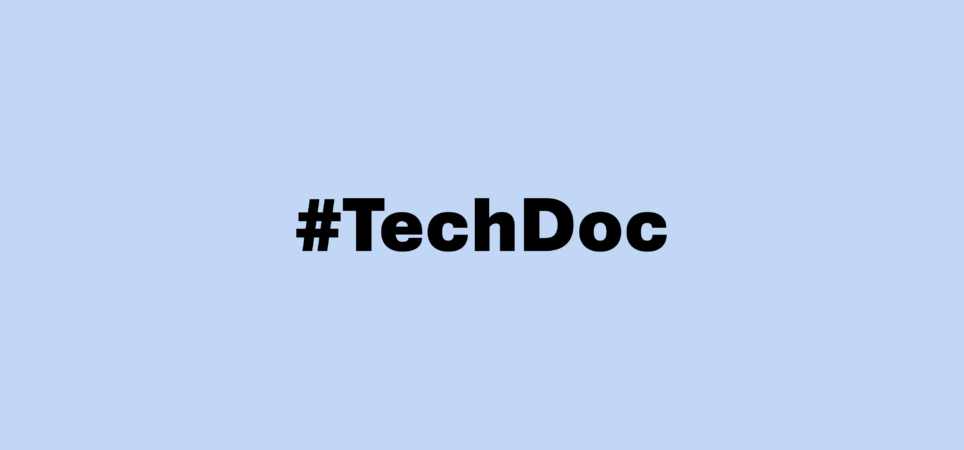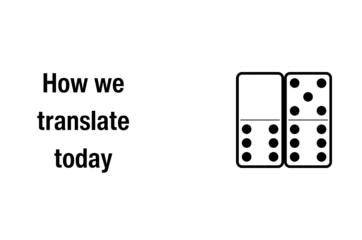Innovate with SwissGlobal’s technical translation services

Switzerland’s technology industry thrives on precision and innovation – from MedTech and robotics to fintech and advanced engineering. To compete globally, Swiss companies must communicate complex ideas clearly across multiple languages.
With German, French, Italian, and English shaping daily business operations, accurate communication becomes a strategic advantage. SwissGlobal’s technical translation services help companies stay compliant, build trust, and bring innovation to market faster.
The unique challenges of translating technical texts
Unlike general corporate translation, technical communication demands specialist knowledge. The stakes are high, and errors can be costly. Key challenges include:
- Complex terminology: Each sub-sector has its own lexicon. Translators must understand the technical vocabulary and the underlying systems.
- Regulatory precision: Documents must often align with strict international standards. Even slight deviations in terminology can lead to legal or compliance issues.
- Cultural nuance: Interfaces, manuals, and user-facing content must be localised to reflect regional language norms, whether Swiss German, Swiss French, or international English.
- Format integrity: Manuals, diagrams, and technical specifications require translation that preserves layout and structure without losing meaning.
- Time pressure: Fast-paced innovation requires documents to be ready quickly without compromising quality.
These factors make it clear why a generic translation approach isn’t enough. Specialist knowledge and sector-specific expertise are critical when providing technical translation services for the technology industry.
What defines high-quality technical translation services?
Swiss companies evaluating partners for technical translation services should look for specific capabilities that go beyond basic language skills:
- Industry expertise: Translators with backgrounds in IT, engineering, life sciences, or other technical fields ensure accuracy and consistency.
- Native proficiency: Native speakers in the target language capture nuance and cultural appropriateness that non-natives often miss.
- Certified processes: Adherence to ISO standards (i.e. ISO 17100 and ISO 18587) and the ability to provide certified translations if needed.
- Integrated quality control: Multi-step review processes involving revision of the translation and terminological consistency, proofreading, layout verification and adherence to client-specific style guidelines.
- Technology support: Use of translation memories, terminology databases, and secure translation workflow tools to streamline production and maintain consistency.
- Confidentiality: Secure handling of sensitive content, NDAs, and Swiss-based data hosting to protect intellectual property.
- Format integrity and layout preservation: Working with export formats from professional tools, such as InDesign, FrameMaker, and SCHEMA ST4, ensures the structure, layout, and visual accuracy of your technical documentation remain intact.
When these elements come together, technical translation services become a value driver rather than a cost.
How does the Swiss technology industry benefit from professional technical translation services?
Investing in specialised technical translation services offers tangible advantages:
- Quick market entry: Accurate documentation accelerates regulatory approval and product launches in new regions.
- Risk reduction: High-quality, accurate translations minimise the likelihood of compliance issues or costly misunderstandings.
- Better user experience: Localised interfaces and manuals improve customer satisfaction and reduce support requests.
- Global brand credibility: Clear, professional communication signals reliability and technical excellence.
- Operational efficiency: Consistent terminology and well-maintained translation memories save time and money in future technical documentation or translation projects.
Professional technical translation isn’t a “nice to have.” It directly impacts revenue, reputation, and long-term competitiveness.
Best practices for translation in the technology industry
Companies can maximise value from technical translation services by embedding them into their workflows:
- Plan early: Incorporate translation into development cycles to avoid delays at launch.
- Develop glossaries: Build and maintain term bases tailored to products and markets to ensure consistency across all materials.
- Align with local teams: Involve regional product experts to validate terminology and cultural choices.
- Monitor and improve: Collect feedback, track recurring issues, and refine glossaries and processes for continuous improvement.
These practices enable companies to streamline documentation processes while maintaining high content quality.
Use SwissGlobal’s expertise to your advantage
As a leading Swiss-based language service provider, we understand the complexities of operating in multilingual and regulated technical environments. Our technical translation services are designed to meet the exacting standards of Switzerland’s innovation economy.
We provide:
- Native-speaking translators with industry expertise in mechanical and machine engineering, IT, life sciences, construction and more.
- Secure workflows, with data hosted in Switzerland and protected through strict confidentiality agreements in accordance with ISO 27001.
- ISO 17100 certification standardising translation quality assurance, and ISO 18587 certification managing post-editing standards.
- A dedicated portal that allows clients to manage projects transparently and efficiently.
- Value-added services such as:
Our commitment to quality, precision, and security reflects the values of Swiss technology itself.
Contact us today for technical translation services that drive innovation.
-
Swiss tech industry
tech industry
technical translation services
Technology


